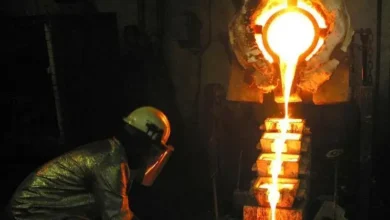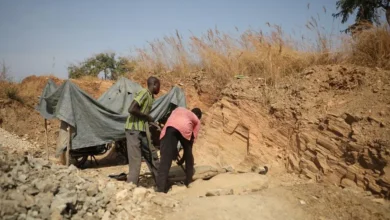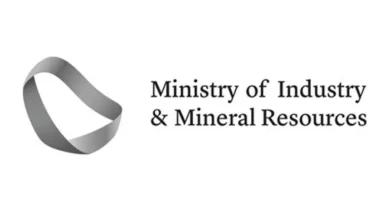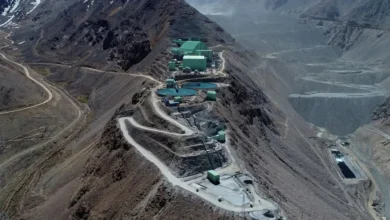
The mining industry makes a significant difference in the lives and livelihoods of employees and society in South Africa through economic and socioeconomic contributions, but more can be done on the governmental administrative front to enable increased benefits, says Minerals Council South Africa chief economist Hugo Pienaar.
He told Mining Weekly that the Department of Mineral Resources and Energy had expressed commitment to reducing red tape and processing applications, such as mineral right exploration applications quicker.
Delays in the processing of such applications have prevented further investment in the industry.
Pienaar highlighted that the mining industry currently contributed more than 6% of the country’s gross domestic product in nominal terms, while between 55% and 60% of exports were derived from mining.
The industry paid almost R180-billion worth of salaries and wages (before tax) in 2023, while 12 of the Minerals Council’s members account for 60% of the formal employment in the mining industry and spent R2.3-billion on socioeconomic development in one financial year.
In a release issued on April 11, Minerals Council CEO Mzila Mthenjane said mining’s social impact through the provision of jobs and wages, as well as investment in education and training of employees and communities, was sometimes underappreciated in the economy.
Mthenjane pointed out that 12 of its members in the gold, platinum, coal, diamond and iron-ore sectors spent R5.1-billion on training and development in a single financial year.
Pienaar echoed this sentiment, saying that mining companies’ impact in rural areas through assisting with maintenance of infrastructure such as roads and the provision of services such as water often went unacknowledged by society.
To this end, the Minerals Council has been undertaking an information-sharing drive called #MiningMatters, which is aimed at making the public more aware of the positive impact that mining has across the country.
There was nonetheless a large demand on corporates in South Africa, including mining companies, to do more, Pienaar stated.
In recent years, the mining industry has been helping national efforts to alleviate energy insecurity, logistical challenges and crime and corruption.
Pienaar commended government for having effected electricity reforms allowing mining companies to generate their own power with minimal regulatory burdens.
Pienaar said mining companies’ investments in renewable energy were not only contributing to energy security in the country, but also added more opportunity for socioeconomic development and positive impacts in communities.
A challenge, however, remains grid transmission constraints. The mining industry is among many sectors in the country working with government to try and enable increased investment in transmission infrastructure.
This while the logistics sector is also taking the first steps towards greater private participation, which Pienaar said would over time help to improve mining productivity and export numbers and ultimately increase the benefits that could be delivered to stakeholders.
Pienaar highlighted a major constraint to improved mining performance as being crime and corruption, including sabotage to rail and electricity infrastructure, which required a more capable police force and for national public resources to be adequately addressed.
Commenting on other inhibitors to mining making an even greater contribution to the economy, Pienaar said the cost of doing business in the country remained high. He pointed out that electricity tariffs, red tape strangling business and the difficulty in having mining rights extended remained major cost drivers in the industry.
The future pipeline for exploration projects was also under threat until a new mineral cadastre was implemented. Pienaar explained that a minerals cadastre listed the available mining or prospecting rights in the country, as well as properties under a mining or prospecting right.
The current system, however, was dysfunctional and slow. A new, working system could enable more exploration, especially by junior mining companies.
The DMRE is working on a new mining cadastre system, however, it is unclear when it will start being implemented.
Ultimately, Pienaar explained, the mining industry could become more profitable once the operational performance of certain State-owned enterprises improved, as well as regulatory processes and administration on government’s part.
The Minerals Council and its members remain committed to working with all stakeholders to ensure the industry remains a positive contributor to the economy and communities




